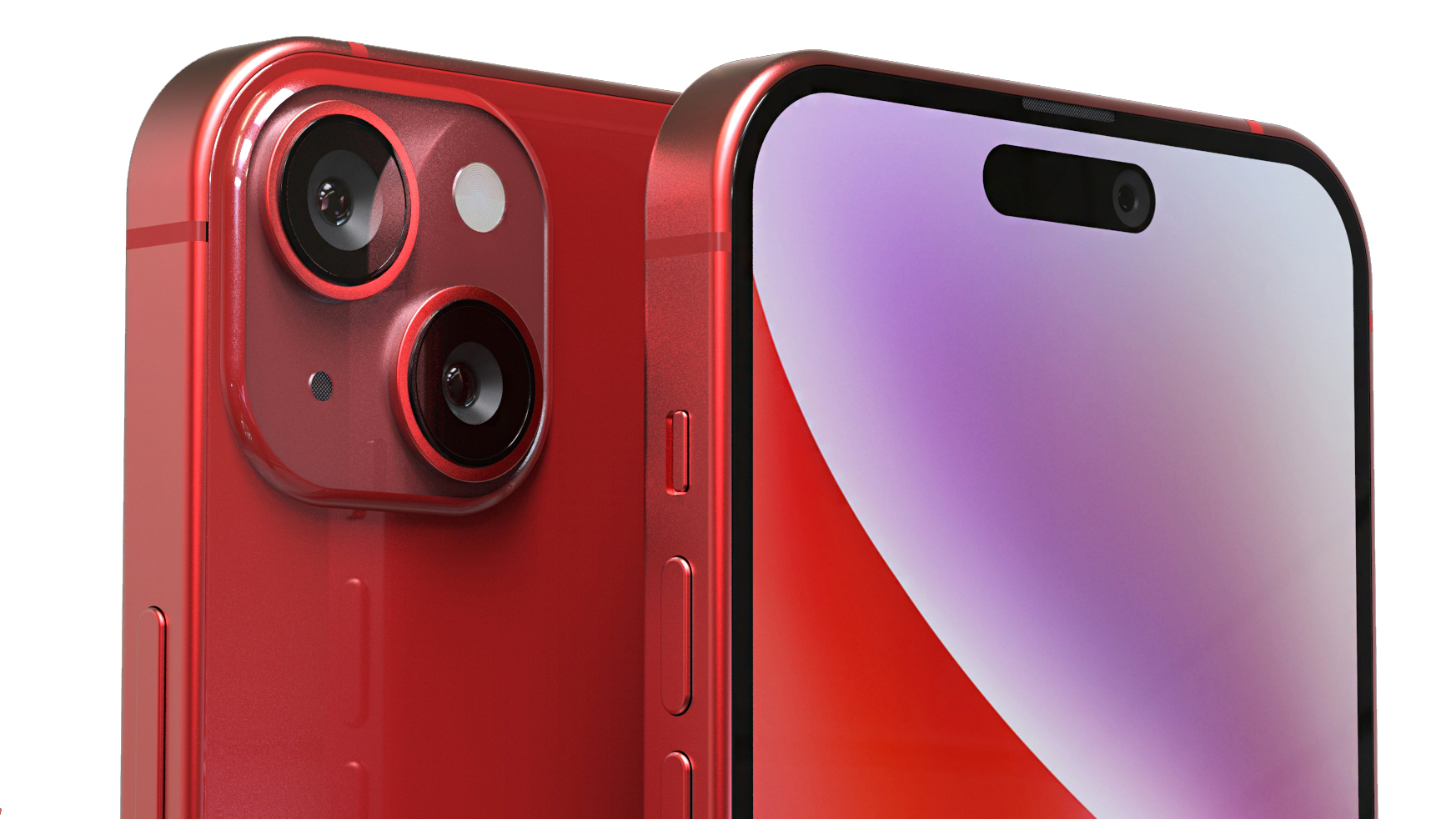Apple’s rumoured microLED masterplan could include the iPhone, Macs and more
microLED is the display tech of the future – but not the near future


Get all the latest news, reviews, deals and buying guides on gorgeous tech, home and active products from the T3 experts
You are now subscribed
Your newsletter sign-up was successful
Fresh from the news that Apple plans to put microLED displays in a future Apple Watch Ultra, a new rumour says that that’s just the beginning. Apple watcher Mark Gurman says that the firm has already spent several years developing the tech in-house, and it plans to put it in pretty much everything: iPhones, iPads and Macs.
This is interesting, because it fits with Apple’s core philosophy of wanting to control the key technologies it uses. That’s why it moved to make its own Apple Silicon for the iPhone, iPad and the M1 and M2 Macs, and it seems it sees microLED as similarly important. Instead of buying panels from third parties, Apple reportedly intends to make its own.
Why microLED matters
First up, we need to manage expectations here: if Apple is indeed planning microLED Macs, don’t expect them in the next year or two. MicroLED displays are hilariously expensive at the moment, and they’ll remain so for several years. MicroLED displays are much, much more expensive than mini-LED or Quantum Dot OLED and suffer from the same issues that made smaller OLED displays so hard to make for so long. For example, LG launched a huge microLED display in late 2022 for a mere three hundred thousand dollars.
To be fair that’s for a 136-inch display. Samsung’s smaller 110-inch microLED is a much more reasonable $155,000. But you get the point: this is not a display tech that’s ready, let alone cost-effective, for the average laptop any time soon.
So why’s Apple interested in it? It appears to be an example of Apple skating not to where the puck is, but where it will be. microLED delivers improved brightness, colour accuracy and viewing angles, doesn’t suffer from the screen burn that affects OLED and could mean much better battery life too. The Apple products of 2023 might not have microLED, but the ones of 2033 probably will.
Get all the latest news, reviews, deals and buying guides on gorgeous tech, home and active products from the T3 experts

Writer, musician and broadcaster Carrie Marshall has been covering technology since 1998 and is particularly interested in how tech can help us live our best lives. Her CV is a who’s who of magazines, newspapers, websites and radio programmes ranging from T3, Techradar and MacFormat to the BBC, Sunday Post and People’s Friend. Carrie has written more than a dozen books, ghost-wrote two more and co-wrote seven more books and a Radio 2 documentary series; her memoir, Carrie Kills A Man, was shortlisted for the British Book Awards. When she’s not scribbling, Carrie is the singer in Glaswegian rock band Unquiet Mind (unquietmindmusic).